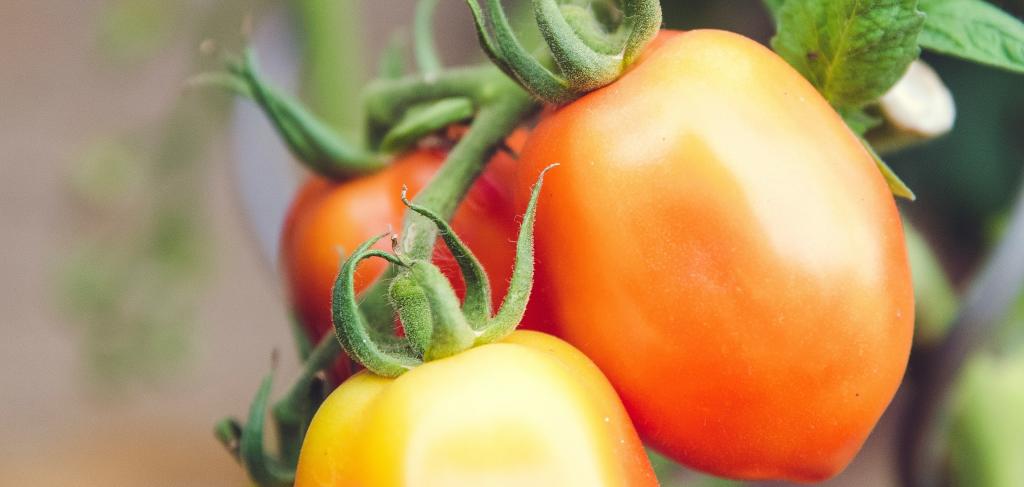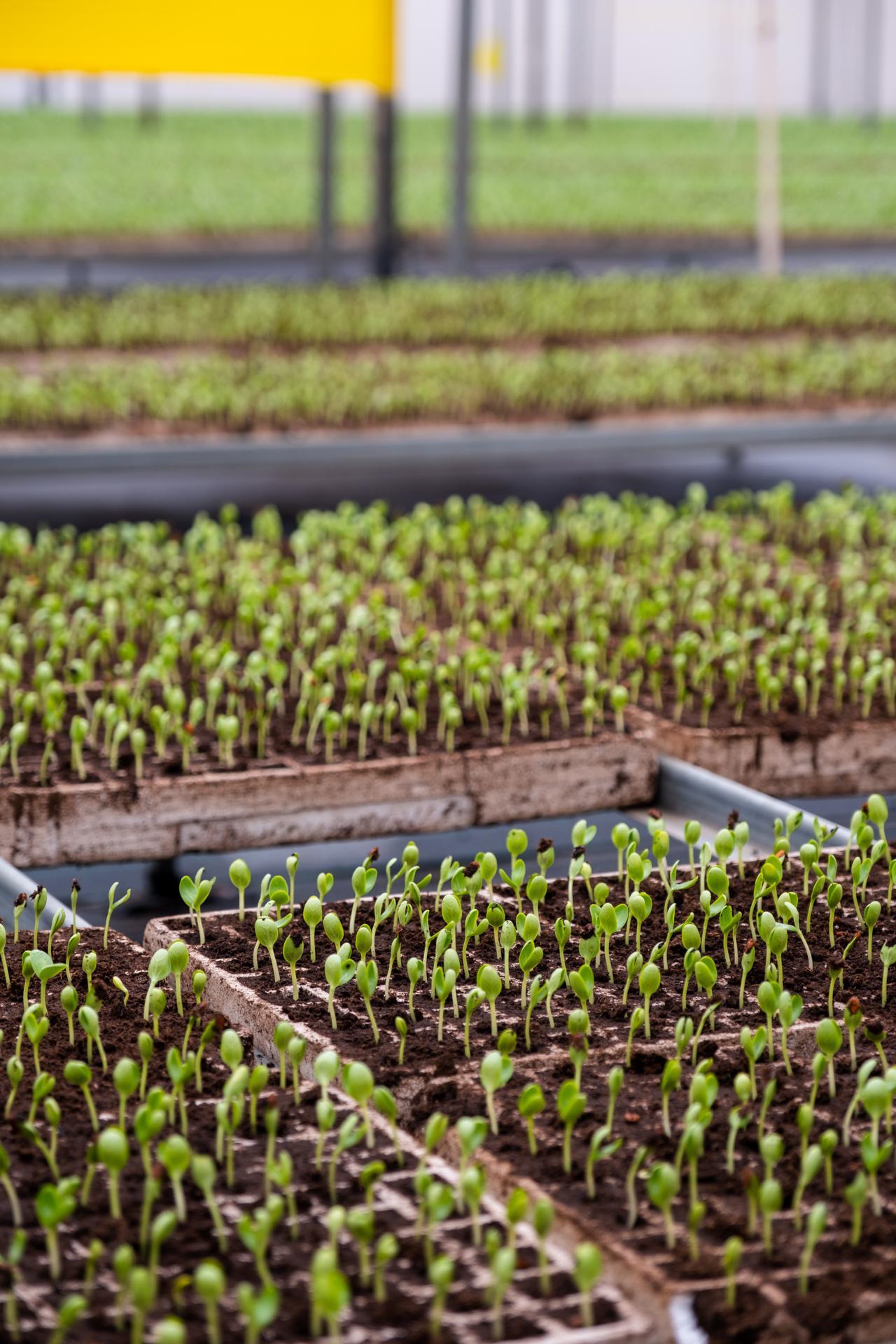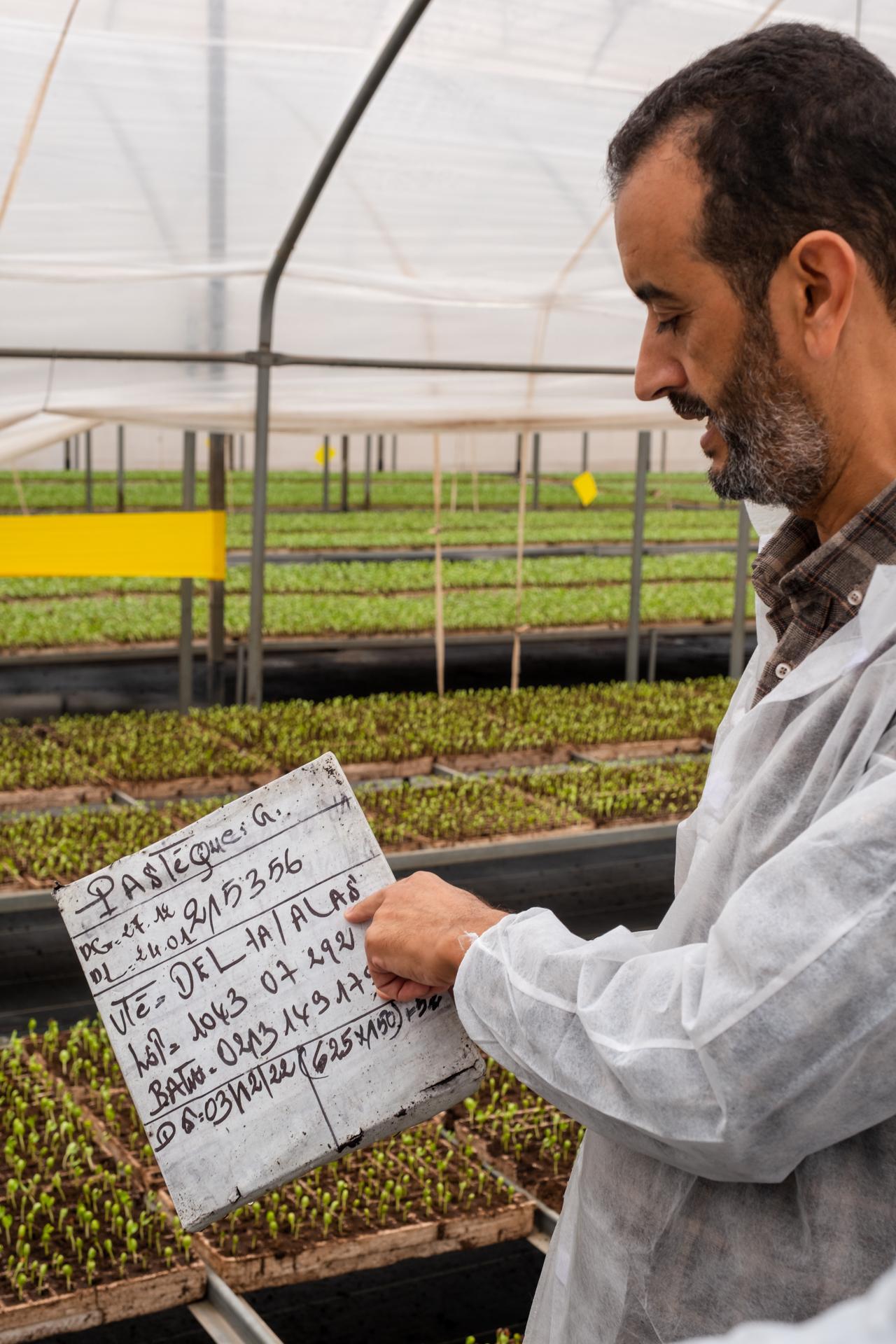Researchers associated with the Leiden-Delft-Erasmus alliance, three Moroccan knowledge institutions, agricultural and horticultural companies and governments from both countries, are finding opportunities for collaboration to make the Moroccan horticultural sector more sustainable. A visit in Rabat and a Moroccan mission in the Netherlands strengthen the cooperation.

Building a Dutch-Moroccan horticulture ecosystem
On February 27, Annetje Ottow (chairman of the board of Leiden University and Leiden-Delft-Erasmus alliance), will visit the Netherlands Institute Morocco (NIMAR) in Rabat, an institute of Leiden University. Part of this visit is a round table discussion with representatives of the Leiden-Delft-Erasmus Center for Sustainability, three Moroccan knowledge institutions – IAV Hassan II and IBN Tofail and INRA - the Dutch embassy in Rabat and a representation of the Moroccan horticultural cluster.
 The round table is a follow up from a letter of intent, signed November 2023 in the presence of the Moroccan Minister of Agriculture, Dr. Mohamed Sadiki, by IAV Hassan II and the Leiden-Delft-Erasmus Center for Sustainability. The aim of this collaboration is to develop an impact cluster with Dutch and Moroccan knowledge institutions, companies and governments, to build a scientific agenda and to set up educational activities for sustainable Moroccan agriculture.
The round table is a follow up from a letter of intent, signed November 2023 in the presence of the Moroccan Minister of Agriculture, Dr. Mohamed Sadiki, by IAV Hassan II and the Leiden-Delft-Erasmus Center for Sustainability. The aim of this collaboration is to develop an impact cluster with Dutch and Moroccan knowledge institutions, companies and governments, to build a scientific agenda and to set up educational activities for sustainable Moroccan agriculture.
Opportunities and co-creation for sustainable horticulture
With a growing world population, the question arises how we can produce sufficient, healthy food, without harming the environment. Part of the solution lies in sustainable, technological cultivation in greenhouses, for example in North Africa. Morocco already produces for the European market. Joint research creates opportunities for Morocco to make its own position more sustainable and can also create opportunities for Dutch and other European entrepreneurs who aim to to produce more sustainably in greenhouses across the border or make this possible through their products. With free heat from sunlight, sustainable energy is fully available. Challenges lie mainly in the topic of water scarcity, salinisation and resilient cultivation.
Moroccan-Dutch cooperation
In 2023, the Dutch and Moroccan government drew up agreements for more intensive cooperation (MOUs), one for cooperation in the field of education, by Minister Schreinemacher, and one for cooperation in the field of water, by Minister Harbers. In Morocco, the Dutch Greenport approach, the collaboration between the business community, governments and knowledge institutions, which also includes the Leiden-Delft-Erasmus alliance, is seen as a beautiful example. The Moroccan-Dutch collaboration gives substance to the internationalization strategy “Feeding and Greening Megacities”, one of the strategies of Greenport West Holland for a sustainable future of horticulture.
 Optimal water management, closing chains and resilient plants
Optimal water management, closing chains and resilient plants
Thanks to the complementary expertise of the participating LDE universities, the important issues can be viewed in coherence. TU Delft has high-quality knowledge about water management, ‘sensing’ and other technologies that can provide smarter greenhouses and regulation systems, with better irrigation and higher cash yields. Erasmus University Rotterdam has expertise in chain and network cooperation, which means that products can be stored better and transported faster, for example, so that less harvest gets lost. The Center for Environmental Science Leiden (CML) introduces knowledge of environmental system analyzes, with which impact can be measured. The Center is also developing new knowledge about resilient cultivation, whereby the greenhouse is considered an ecosystem in which everything is in balance, so that no or fewer pesticides are needed. Moroccan knowledge institutions contribute with knowledge of technology used for local cultivation and of the local context. Dutch knowledge and technology is made applicable in co-creation with local partners for the semi-arid and arid climate zone in Morocco.
Moroccan mission in the Netherlands
On Tuesday 13 to Thursday 15 February 2024, representatives of Moroccan knowledge institutions, sector organization and business visited the Netherlands, invited by the Netherlands Enterprise Agency (RVO). In collaboration with Leiden-Delft-Erasmus Center for Sustainability, a program was compiled in which they were introduced to Jaap Smit (Commissioner of the King of South Holland), Jaap Bond (chairman of the top sector Horticulture and Starting Materials) and with scientists and companies operating within Greenport West Holland. The visit took place in the context of the ‘ combitrack policy’, with which the Dutch government aims to stimulate trade, investment and development in fourteen emerging markets, including by setting up impact clusters, where Dutch and foreign governments, knowledge institutions and companies set up joint research and also practically apply this. The Moroccan visit concluded with a seminar.
